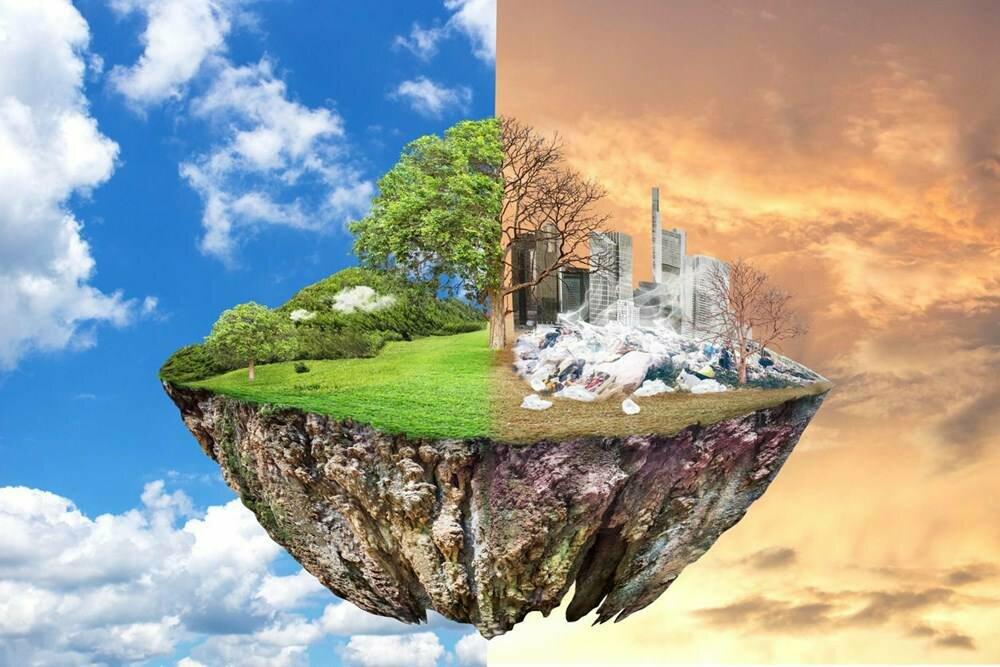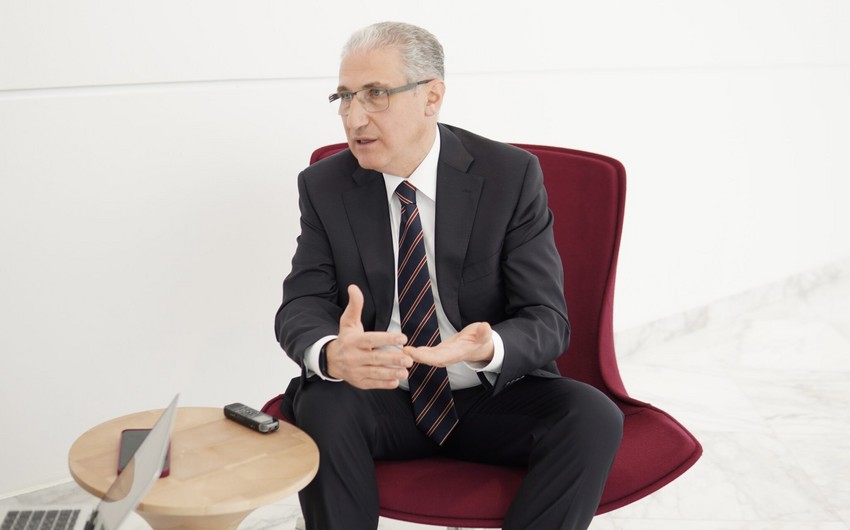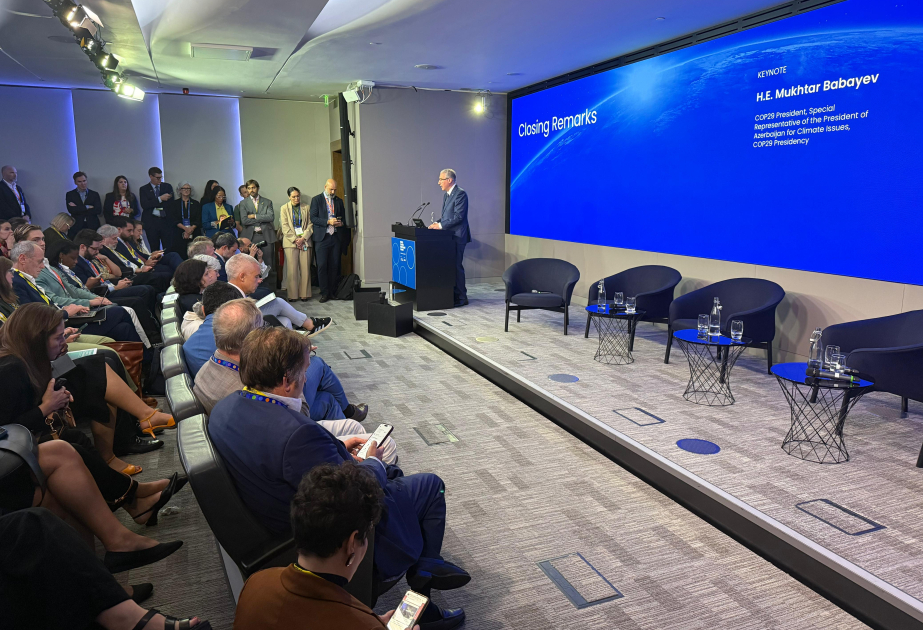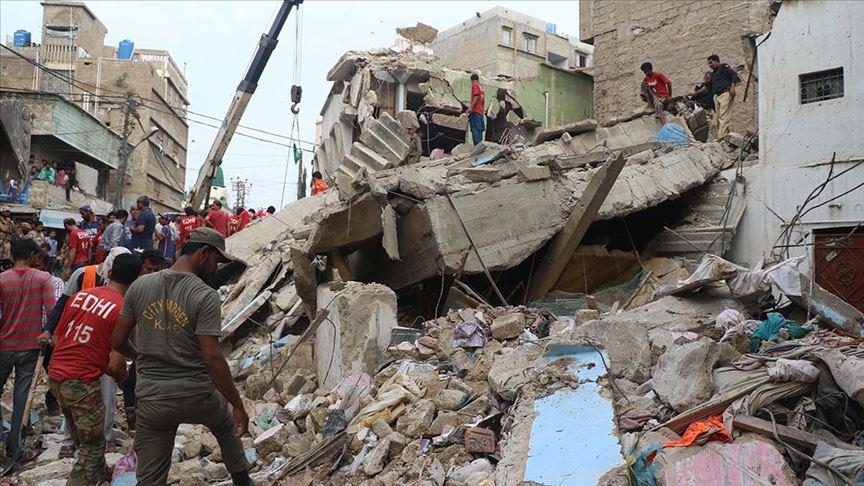Climate change refers to the long-term alteration of the Earth’s weather patterns, which can result from both natural processes and human activities. However, the climate change observed in recent decades is primarily linked to the increase in greenhouse gases released by human activities. This process is one of the most serious ecological and social challenges humanity faces, having a profound impact on both the natural environment and the economy on a global scale.
The main cause of climate change is the increase in the concentration of greenhouse gases (such as CO2, methane, nitrogen oxide, etc.) released into the atmosphere over the past century. These gases trap heat in the atmosphere, enhancing the “greenhouse effect,” which leads to an increase in the planet’s average temperature.
The burning of coal, oil, and natural gas releases large amounts of carbon dioxide into the atmosphere. This process is mainly related to energy production, transportation, and industrial activities. Forests, which have the ability to absorb carbon dioxide, help clean the atmosphere by producing oxygen. However, deforestation disrupts this balance.
Industrial processes and agricultural products, especially methane and nitrogen oxide, release greenhouse gases. Fertilizers used in agriculture also contribute to the increase in these gases.
The effects of climate change impact various sectors, and these effects manifest in different ways on both local and global scales. Global warming leads to an increase in the Earth’s average temperature. Since 1880, the global temperature has risen by approximately 1.2°C. This temperature increase has caused glaciers to melt, sea levels to rise, and extreme weather events to become more frequent.
The melting of glaciers and polar seas in the polar regions results in rising sea levels. This poses a risk to coastal populations and ecosystems.
Global warming also leads to more extreme weather events, including droughts, floods, tropical storms, and heatwaves. These events put significant pressure on agriculture, water supply, and infrastructure.
Climate change also has severe effects on ecosystems and wildlife. Rising temperatures alter ecosystems and habitats, making it difficult for many species to find suitable environments to survive. For example, polar bears in the Arctic are facing the loss of their habitats.
The increase in temperature and the higher concentration of carbon dioxide in oceans exacerbate the phenomenon of “bleaching,” which kills coral reefs. Coral reefs are an important part of ocean ecosystems, providing shelter for many marine species.
Climate change also affects human life, social structures, and economies in significant ways. It reduces agricultural productivity, with prolonged droughts and extreme weather events making food production more challenging and potentially leading to global food shortages. In some regions, water resources are decreasing, particularly in arid areas, which may lead to a shortage of drinking water.
Energy efficiency in buildings and the use of clean energy can reduce the carbon footprint of cities. On a personal level, it is crucial for individuals to participate in the fight against climate change. Small changes such as reducing waste, reusing and recycling, and choosing environmentally friendly products can have a significant impact.
Environmental organizations and young leaders (such as Greta Thunberg) organize campaigns to raise awareness about climate change. This leads to changes in the policies of both governments and individuals regarding climate issues.
The issue of climate change could become an even more serious problem in the future. With the development of climate science and technology, solutions to climate change may become more effective. However, this will require global cooperation, policy changes, and a shift towards more environmentally conscious individuals.
In combating climate change, we must properly assess the role each of us plays and continue to protect our planet for future generations through collective efforts. Climate change is one of the most urgent and significant issues of our time. It affects not only nature but also human health, the economy, and various sectors of society. Increased average temperatures, extreme weather events, rising sea levels, and the depletion of natural resources may have negative consequences on both our daily lives and the lifestyles of future generations. However, addressing climate change is not only the responsibility of governments and international organizations; each individual can also make a difference by implementing small changes in their own lives.
The key to combating climate change lies in the application of technological innovations focused on clean energy production, raising ecological awareness, and changing resource consumption habits. To address this issue, green technologies must be applied in the economy, energy efficiency should be increased in cities, and buildings must be environmentally friendly and effective in terms of energy production. Green cities and eco-friendly buildings are crucial for improving the quality of life for urban residents and reducing their carbon footprint.
On a personal level, small changes—such as producing less waste, using recycled materials, selecting energy-efficient products, and using environmentally friendly transportation—can all have a significant impact. The decisions individuals make in their daily lives can lead to substantial global changes. People can make their lifestyles more ecologically conscious and sustainable.
At the same time, global actions and public movements, such as initiatives led by young leaders and environmental organizations, also create widespread resonance. Figures like Greta Thunberg generate a significant impact by raising awareness of climate change and encouraging the public to take action. These types of campaigns and social movements lead to changes in government policies and encourage individuals to make more conscious decisions.
For climate change not to become an even more serious problem in the future, global cooperation is essential. The participation of each country and individual in this fight will help create a more livable planet for future generations through collective efforts. To achieve this goal, the development of science and technology, as well as greater awareness of climate issues and the enhancement of ecological consciousness, are necessary.
The main goal in combating climate change is not only to protect ecosystems but also to ensure the sustainability of human life. If each of us begins to change our lifestyle and act collectively, we can take significant steps towards making our planet more livable. These global changes will ensure both economic and social development and lay the foundation for a healthier future.
Madina Mammadova//EDnews










